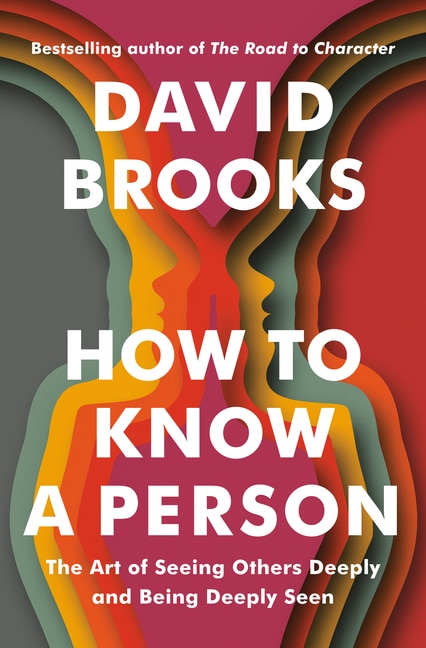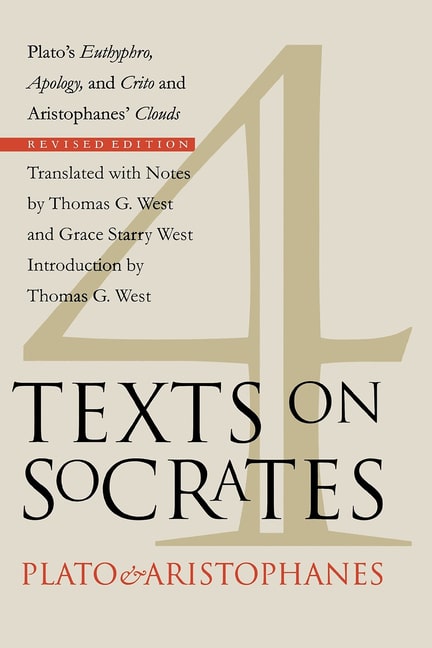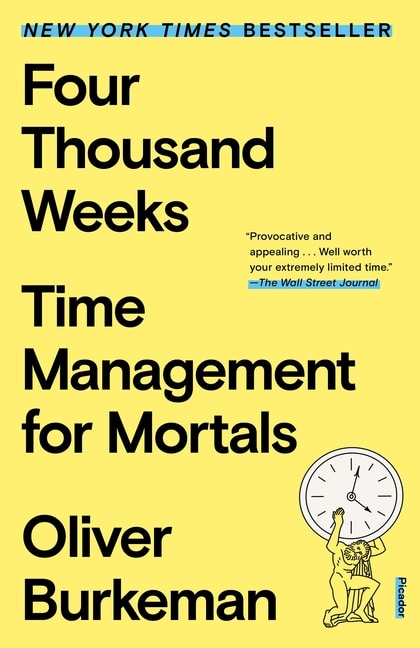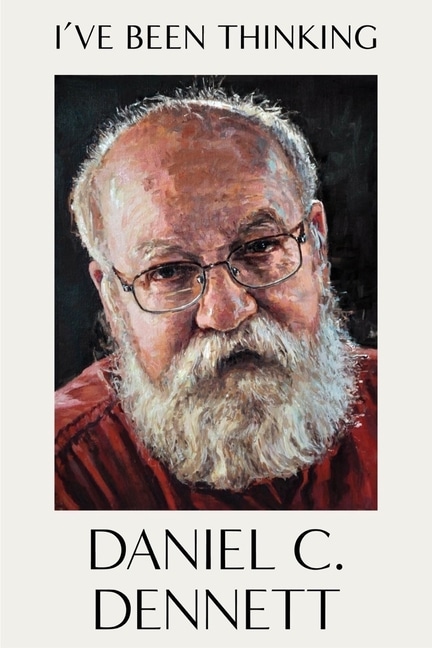Albert Camus, a prolific French philosopher, author, and journalist, was born on November 7, 1913, in Mondovi, Algeria. Famed for his profound influence on existential and absurdist thought, Camus’ works continue to stimulate discussions about moral responsibility and freedom. He’s best remembered for his significant contributions to literature, culminating in receiving the Nobel Prize in Literature in 1957.
Camus’ literary career was marked by compelling novels, essays, and plays. Notable works such as “The Stranger”, “The Plague”, and “The Myth of Sisyphus” encompass rich explorations of philosophical thought, cleverly weaved into intriguing narratives populated by complex characters. His masterful storytelling, paired with his insightful philosophies, provided a rare fusion that initiated much intellectual discourse.
However, beyond his written works, Camus was also a man of profound philosophical beliefs, committed to the exploration of the human condition. His existentialist perspective highlighted the paradoxes of life, particularly the seeming tension between the human desire for meaning and the cold indifference of the universe. Despite Camus’ death in a tragic car accident on January 4, 1960, his works and philosophies continue to profoundly impact readers, affirming his enduring legacy in the literary and philosophical world.





















Reviews
There are no reviews yet.